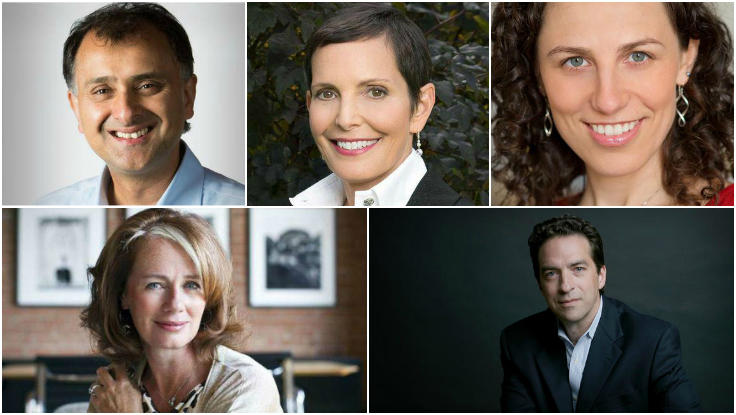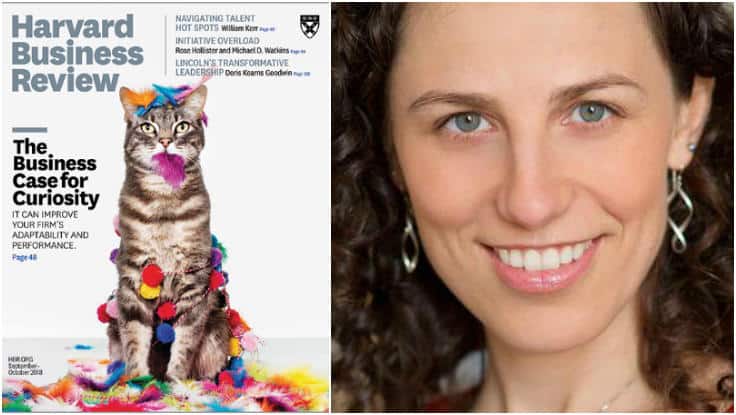Some people value their gut for guiding them through their biggest business decisions. Others are wary of relying on instinct, fearing it to be too reactionary and emotional. So, should leaders make decisions based on intuition, or shouldn’t they? When, if ever, is it OK to use your gut? Laura Huang discusses in Harvard Business Review.
“My recent research suggests that gut feel can in fact be useful, especially in highly uncertain circumstances where further data gathering and analysis won’t sway you one way or another,” writes Laura Huang in Harvard Business Review. Citing studies of high-risk situations—life-or-death moments in the operating room or early-stage investment decisions—Huang notes that the role of gut feel is often to inspire a leader to make a call. “In the face of information overload, mounting risks and uncertainty, and intense pressures to make the right decisions, there is often debilitating evidence that delays our decision making. We put the choice off, rather than deciding. Trusting your gut allows leaders the freedom to move forward.”
Read the full paper here.
To book speaker Laura Huang for your next speaking engagement, contact The Lavin Agency and speak with a knowledgeable sales agent.















